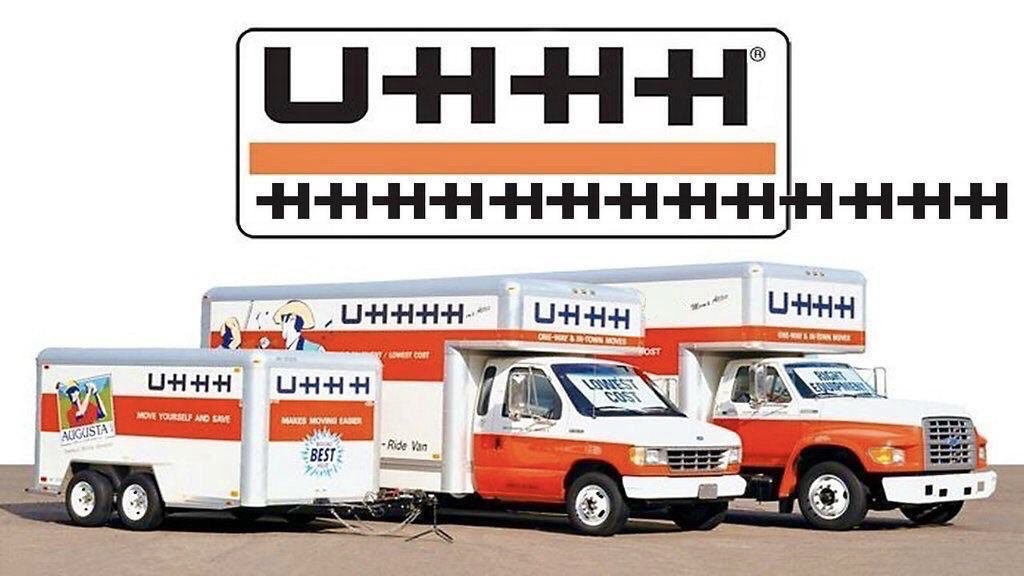So I am moving 14 hours to a new place with my SO, and got into a debate with my Dad about fuel efficiency. I argued that since we were towing the car it would be more fuel efficient than driving the 2 vehicles separate. He disagreed that it would be less since the truck would be working harder since it’s pulling both the car and the trailer. Especially since the vehicle we are towing is a Yaris.
Since we were picking up the trailer in the next state over, we got both data for driving both vehicles and towed.
So I just crunched the numbers, on hilly terrain pulling the truck was 11% more efficient.
While on flat terrain it was 20% more efficient.
While I was happy to win my bet, my dad decided to sour my victory by changing one parameter. Did we save money?
Since we knew the ratio of how much more efficient the moving truck was to the car, we could estimate how much gas the Yaris would’ve used to drive the distance.
The result: Car would’ve sucked back $60 worth of gas while the trailer rental cost around $200.
So while I won the bet, I lost the war. 😭
You’re forgetting wear and tear. When the Yaris is moving, the gas is not the only being used, but so are the tires. And the brake pads and rotors. You’re putting mileage on the odometer, spinning those wheel bearings, blasting the A/C, and maybe loosening up that CV joint more and more every time you turn left. Was that an exhaust leak I’m starting to hear?
With the moving truck, you don’t care about that stuff, as it’s baked into the rental cost. Even when the cost of the trailer is factored in you’ve saved money from wear. You still win.
Yep, this was my very first thought.
You also saved driving alone for 14 hours for 2 people.
That was the reason we did it, though a wirelessly earbud and a call was less headache inducing.
It seems intuitive to me that pulling one vehicle with another would be more efficient than driving both, since there’s always an overhead “cost” of gas just to run the engine even if it’s not doing any work.
The trailer complicates things a bit but trailers are light.
It sort of does make sense, since it’s how trains work so well! A single locomotive can haul dozens of carriages way more efficiently than putting a single small motor on each carriage. It also has way less aerodynamic losses since the trailer is right in the slipstream for the truck!
than putting a single small motor on each carriage.
Why do modern passenger trains do just this then?
I think the aerodynamics you also mentiomed are the most important factor here.
Simple to produce, and electric motors don’t have the same inefficiencies as a huge diesel engine does
You also have the cost of maintenance and depreciation. My rule of thumb is each is equal to the gas, aka multiply the gas cost by 3, gets you driving the car would cost ~$180.
You can also change the parameters by which one is less polluting.
I see U-HAUL, I must post

I love nerd wars







